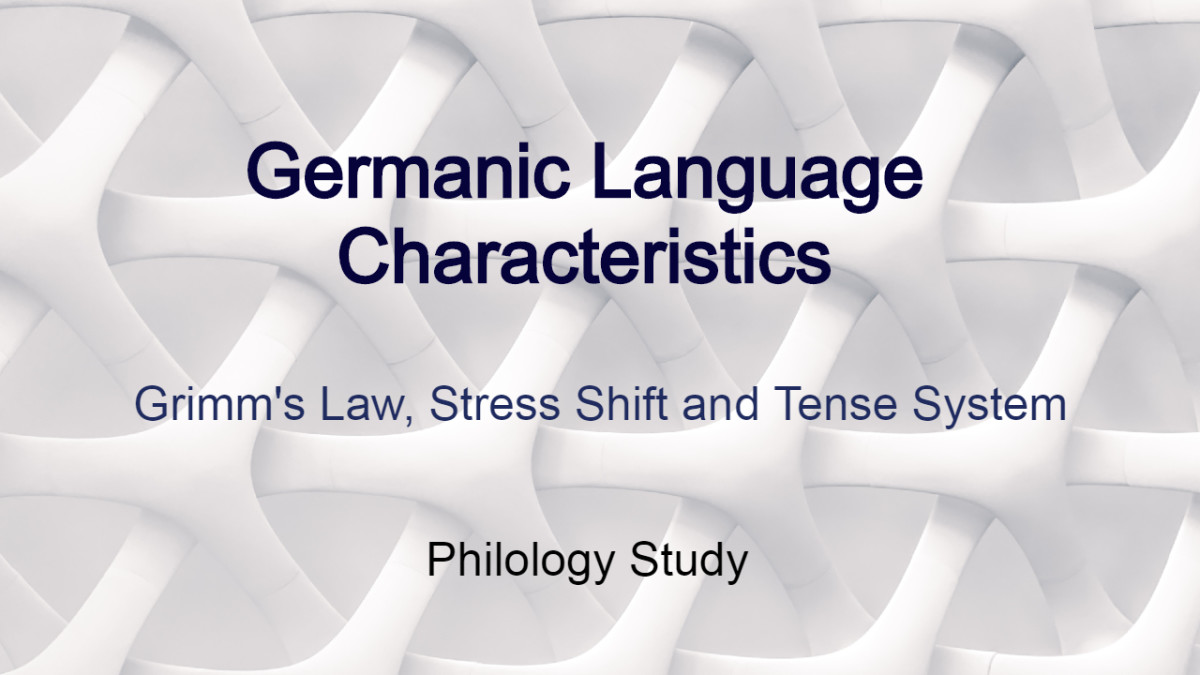Common Mistakes And Confusions In English Usage III

This is the third installment of the common mistakes and confusions that even native speakers of the English language make. I used to think that English is an easy language to learn but after starting this series of hubs, I am beginning to appreciate the difficulties faced by someone trying to learn the English language.
Then / Than
This is another common mistake that I have come across. Then is used to signify a progression of time, such as a baby is born, and then he grows up. Than, on the other hand, is used for comparison, such as he makes more money than me.
More examples on the use of then and than:
- I commented that running a business is definitely more stressful than working for an employer, and then I went to sleep.
- Cancer was a much more deadly illness back then than it is now, although we are still far from fully understanding and curing cancer.
- The notebook was getting pretty hot, and then the screen froze and I had to restart the computer.
Among / Amongst
Among and amongst are basically the same word and the choice to use among or amongst depends on the writer and context rather than on any grammatical rules. Among would generally be used in a more modern and contemporary setting while amongst would be more appropriate in an old fashioned, traditional, epic or perhaps even romantic setting.
Some example on how among and amongst can be used:
- He knew that he was amongst friends, and that they too would fight to defend the same ideals that he would die for.
- Among all the functions that is available to you in the library, the printf() function is probably the most basic and the most commonly used.
- He decorated their favorite chair with hundreds of roses and she sat down amongst the roses, awaiting his sweet embrace.
A part / Apart
I saw this mistake at one of the hubs at HubPages. A part would mean a portion of as in a part of the team. When you put the two words together in apart, the meaning of the word changes to mean separate, as in they can’t stand being apart from each other.
More examples on the words apart and a part:
- Apart from the fact that they are from different faiths, they feel that they complement each other and that each without the other is incomplete.
- A part of the whole is sometimes as good as the whole, but more often than not, you need all the parts to do the job properly.
- A captivating website is only a part of what is needed for a successful home based business.
Been / Being
Been and being are both participles of the verb “to be”. The main difference between them is that being is the present participle while been is the past participle. I have to admit that I’m a little hazy as to what that all means but one clue I can give to their use is that being is applied when something is still happening while been is something in the past.
Anyway, my only claim to fame is that I know how to use been and being properly:
- The real estate agent has been to the property before and is familiar with the stubborn nature of the landlord. So when he senses that the landlord is being stubborn, he expertly steers the conversation to a neutral topic and his prospective clients are none the wiser.
- Being the dominant economic power in the region, China is experiencing an unprecedented boom in its manufacturing industries.
- Having been the dominant economic power in the world, the United States is reluctant to cede its position to the emerging economic powers in the East.
Affect / Effect
This is a common mistake that I wasn’t aware of until I searched the web. It is a simple case of affect being a verb and effect being a noun. You could say that you tried your best to affect the outcome but it wasn’t having the desired effect. To complicate matters a little, effect can also be used as a verb such as to effect change in a person.
More examples of affect and effect:
- The principle of cause and effect is clear, the cause happens and the cause causes the effect.
- The effect of bringing in a new engineer on a project that is already behind schedule does not necessarily reduce the time to completion.
- Changing the location of the capacitor will affect the reception characteristics of the antenna.








